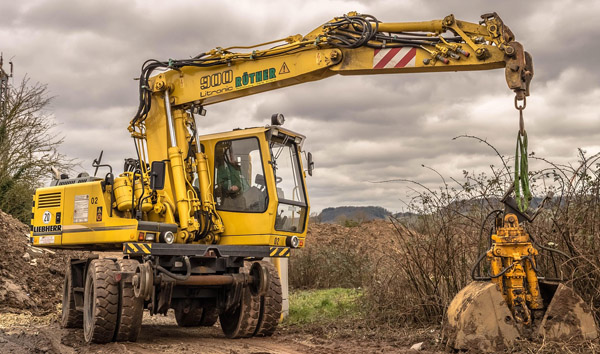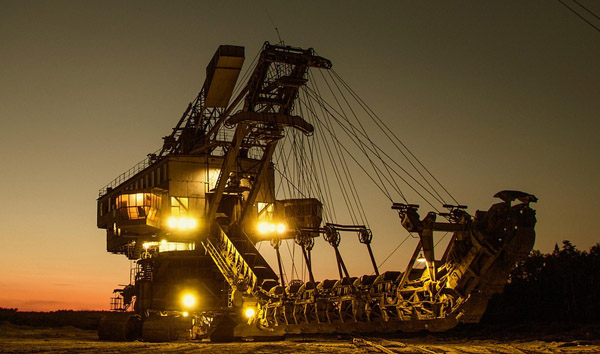The Future of Mini Rough Terrain Forklifts in Industrial Applications
2025-07-04 03:05:27
Mini Rough Terrain Forklifts are revolutionizing material handling in challenging environments. With compact designs and robust capabilities, these machines offer unparalleled efficiency in construction, agriculture, and logistics. This report explores their technological advancements, market trends, and operational benefits. Content The demand for mini rough terrain forklifts has surged in recent years, driven by the need for agile and powerful equipment in confined or uneven workspaces. Unlike traditional forklifts, these compact machines are engineered to navigate rough surfaces, making them indispensable in industries such as construction and agriculture. Their ability to handle heavy loads while maintaining stability on unstable terrain sets them apart from conventional models.
One of the key advantages of mini rough terrain forklifts is their versatility. Equipped with rugged tires and reinforced chassis, they can operate efficiently on gravel, mud, and uneven ground. This adaptability makes them ideal for job sites where standard forklifts would struggle. Additionally, their compact size allows for easy maneuverability in tight spaces, reducing downtime and improving productivity.
Technological advancements have further enhanced the performance of mini rough terrain forklifts. Modern models feature advanced hydraulic systems, improved load distribution, and energy-efficient engines. Some even incorporate telematics for real-time monitoring, enabling operators to optimize usage and maintenance schedules. These innovations ensure higher durability and lower operational costs, making them a cost-effective solution for businesses.
Market trends indicate steady growth for mini rough terrain forklifts, with projections estimating a 7.2% annual increase in adoption by 2026. Industries such as warehousing and forestry are increasingly recognizing their value, particularly in remote or challenging locations. Manufacturers are responding by introducing hybrid and electric variants, aligning with global sustainability goals.
In conclusion, mini rough terrain forklifts represent a significant leap forward in material handling technology. Their compact design, rugged performance, and evolving features make them a vital asset across multiple sectors. As industries continue to prioritize efficiency and adaptability, these machines will play an even more critical role in shaping the future of logistics and construction.














